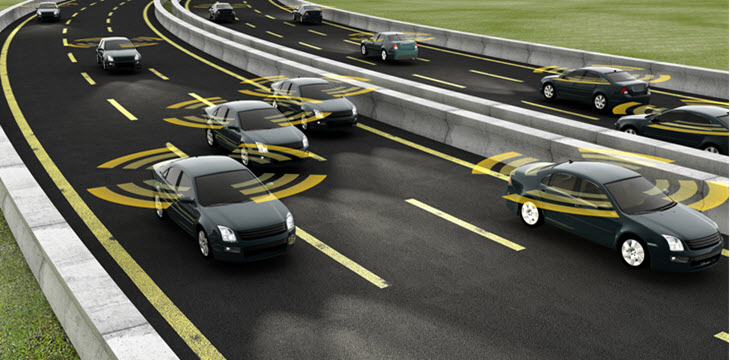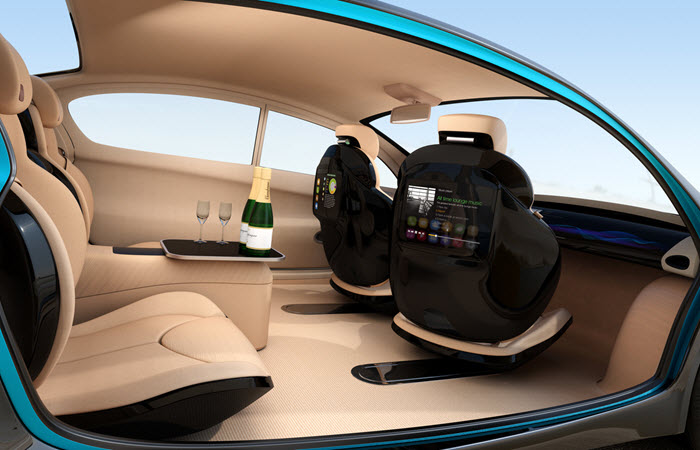Autonomous cars are the wave of the future. Slowly, but surely, automatic systems have weaved their way into the design and structure of progressively newer manufactured vehicles. This is an exciting time in the automotive industry; the vision of flying vehicles is, more or less, beginning to become a reality. With the development of automated emergency braking systems and self-parking systems that are currently available to the average consumer, the possibilities are only getting more impressive. There are various levels of automation in the newest car designs; ranging from – zero to five, which indicate the amount of control the machine has over the function of the vehicle. In the highest level of autonomy, the “driver” does not need to be involved whatsoever in any of the vehicle’s functions, however, he can choose to take control of the vehicle if desired or when necessary. In a sense, this makes everyone in the vehicle the “passengers” while the car itself is the “driver.” While, for some, this may seem like a leap too far in the direction of automation, the technology behind these designs is sound and is in the process of being rigorously tested.
Autonomous cars are for safety
Depending upon the needs of the owner of the vehicle, when fully autonomous cars are massively released they will have the potential of adding some great benefits to the population. Eliminating human error from behind the wheel may lead to a huge decrease in traffic accidents and, essentially, the car will react to potentially dangerous and harmful situations more quickly than an individual behind the wheel could. Car accidents account for an incredible amount of deaths in industrialized countries, and autonomous cars are meant to help lessen the devastating impact that moving vehicles can have when it comes to death and destruction. Autonomous cars will be able to detect a safe traveling distance from a car in front of you, and keep your lead foot from pounding on the gas pedal—resulting in safer, more economic driving habits. In other words, not only will these vehicles provide a safer climate for drivers around the world, it will result in more desirable gas mileage and will be better for the ozone layer.
Helpful for disabled drivers
Imagine getting in your car, simply telling your car where to go, and it taking you there; what a revelation. For individuals with disabilities who are unable to drive, this will be beneficial to their ability to transport themselves. Again, autonomous cars may not be an easily digested concept for some of us; it is a scary thought to feel out of control when riding in a machine that is responsible for countless numbers of deaths each year. Due to this fact, drivers will be able to take control of the vehicle at any given moment, whenever they see fit. It is because of this fear for drivers that rigorous testing on autonomous vehicles is necessary; it will ease the public’s mind and reassure them that these vehicles are actually more helpful to society and a much safer alternative to having a person behind the wheel of a car. Autonomous cars will help with overall traffic congestion, and help to regulate the average driver’s speed and efficacy—no longer will you be stuck behind the long line of cars that just have to take a gander at the car wreck on the side of the road.
Co-pilot vs. just a passenger
When autonomous cars are widespread and you finally get your hands on one, you will not be trapped as simply a passenger, out of control totally, but you will be able to choose whether or not you will act as co-pilot or just a passenger. A good question to ask yourself is: why does it seem that a human being is safer in the act of driving than a machine? Perhaps that is because for decades people have been in control of machines; the resistance to mechanical intervention in human action is a controversial topic, and, truthfully, it can be difficult to feel comfortable relinquishing control in a potentially life or death scenario. Drunk driving, angry driving, irresponsible driving can all be avoided through the implementation of autonomous vehicles on the road. Only time will tell how successful this transition will be.









